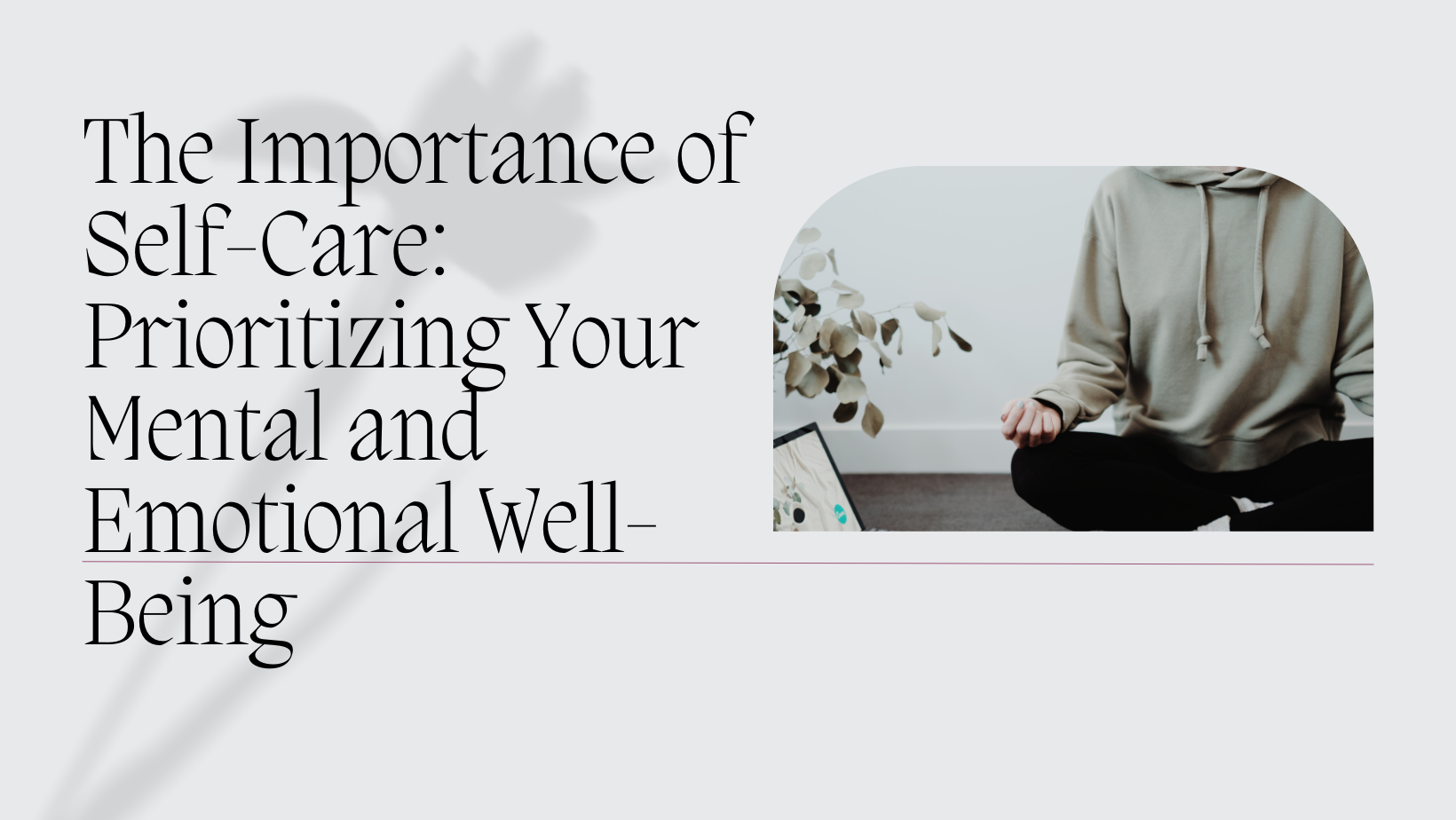Understanding Depression
Depression is characterized by persistent feelings of sadness, loss of interest in activities, and a range of physical and emotional problems. It can diminish a person’s ability to function at work and at home. Understanding its causes is a step towards effective management.
Causes and Risk Factors
- Biological Factors: Neurotransmitter imbalances and hormonal changes can contribute to depression.
- Genetics: A family history of depression increases the risk.
- Environmental Stressors: Life events such as trauma, loss of a loved one, or stressful situations.
- Psychological and Social Factors: Personality traits, social isolation, and chronic illness can play a role.
Innovative Approaches to Treatment
1. Mind-Body Techniques
Mind-body practices focus on the interactions among the brain, mind, body, and behavior. They can be effective in alleviating symptoms of depression.
Techniques Include:
- Yoga and Tai Chi: These practices combine physical postures, breathing exercises, and meditation to improve mental health.
- Biofeedback: Using sensors that measure body functions like heart rate, biofeedback teaches control over certain physiological processes that can influence mood.
2. Nutritional Psychiatry
Emerging evidence suggests that diet plays a crucial role in mental health. Nutritional psychiatry examines the impact of various nutrients on mood and depression.
Dietary Changes:
- Anti-inflammatory Diet: Chronic inflammation may be linked to depression. Diets rich in antioxidants, omega-3 fatty acids, and vitamins can help.
- Gut-Brain Axis: Maintaining gut health with probiotics and fiber can positively affect brain health.
3. Technological Advancements
Technology offers new avenues for treating depression, from teletherapy to apps designed to improve mental health.
Technological Tools:
- Mental Health Apps: Apps that offer cognitive behavioral therapy (CBT) exercises, mindfulness, and stress management.
- Virtual Reality Therapy: Immersive environments can be used to deliver therapeutic experiences and relaxation techniques.
4. Integrative Medicine
Integrative medicine combines traditional Western medical practices with alternative or complementary treatments.
Integrative Strategies:
- Acupuncture: This traditional Chinese medicine technique has shown promise in alleviating symptoms of depression.
- Herbal Supplements: Certain herbs like St. John’s Wort and SAM-e have been used to treat mild to moderate depression.
5. Exercise as Medicine
Regular physical activity can be as effective as medication for mild to moderate depression.
Exercise Recommendations:
- Aerobic Exercise: Activities like walking, running, or swimming can boost endorphins and reduce stress hormones.
- Strength Training: Building muscle can also build mental resilience.
6. Creative Therapies
Art, music, and dance therapy provide outlets for expression and can be therapeutic for those with depression.
Creative Outlets:
- Art Therapy: Drawing, painting, or sculpting can help express emotions that are hard to verbalize.
- Music and Dance Therapy: These therapies can improve mood and decrease anxiety and depression symptoms.
Conclusion
Depression is a multifaceted condition that requires a multi-pronged approach to treatment. These innovative strategies offer new hope and pathways for those struggling with depression. It’s important to remember that recovery is a journey, and what works for one person may not work for another. Always consult with healthcare professionals when considering new treatments. With the right support and approach, it’s possible to break the cycle of depression and embark on a path to improved mental health and well-being.



